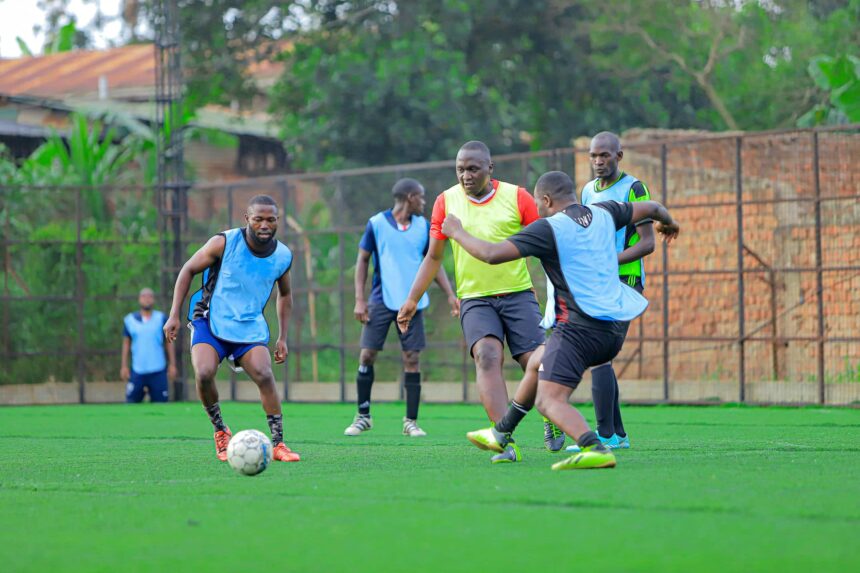African football is renowned for its vibrant energy and distinctive style that captivates fans worldwide. While attacking flair often takes the spotlight, the continent’s successful teams have also showcased the importance of robust defensive formations in achieving consistent results.
Defensive strategies in African football go beyond basic player positioning; they encompass complex game plans that can determine match outcomes. Platforms like Bettors.com.gh provide valuable insights for Ghanaian football enthusiasts, who use tools like the 1xbet promo code to follow African competitions and appreciate the tactical elements at play.
Key principles of effective defense in African football include zonal marking, pressing triggers, defensive compactness, recovery runs, and defensive transitions. These strategies not only neutralize potent offensive threats but also lay the foundation for successful counterattacks.
Essential elements of defense involve spatial awareness, communication systems between defenders and the goalkeeper, understanding defensive partnerships, recognition of potential threats, proper body positioning, and timing of tackles. Elite defenders in modern football must possess strong aerial ability, excellent game-reading skills, quick decision-making abilities, physical strength, agility, and technical skills.
Drills and training methods play a crucial role in preparing defenders physically for the demands of the game. Experienced players mentor younger talents to ensure tactical continuity and high defensive standards. Adapting to different opponents through thorough analysis and adjusting tactics based on environmental factors are key aspects of defensive excellence.
The tactical evolution in modern African football, as seen in the 2023/24 CAF African Cup of Nations, showcases hybrid formations and flexibility in defensive strategies. Teams like Senegal and Morocco combine physical prowess with technical sophistication, demonstrating high pressing and disciplined defensive blocks. Defensive midfielders play a crucial role in linking defense and attack, requiring exceptional positioning, game-reading abilities, and technical skills.
Mental discipline and team morale are essential for maintaining defensive organization under pressure. Continuous improvement and adaptation are key to mastering defensive tactics and achieving consistent results in African football. By implementing effective defensive strategies, teams can enhance their overall performance and contribute to the exciting evolution of the sport on the continent.








